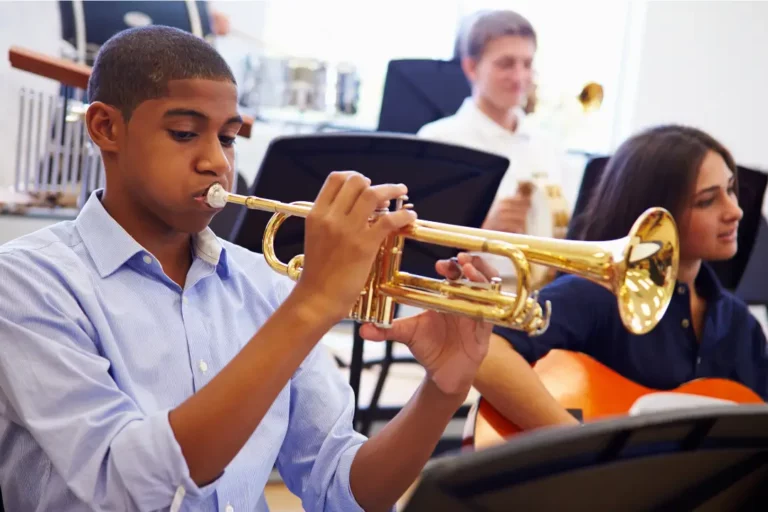One of the most common questions we get asked during the college search phase is, “Why apply to a women’s college?” It’s a valid question, but it’s not easy to answer.
Women’s colleges have their own DNA, campus location, student characteristics, and atmosphere, with some students deciding to attend a women’s college early in high school and others applying to both women’s colleges and co-ed schools.
Women’s colleges were created in the United States to give women access to higher education during a time when educating women went against the status quo of male-only education.
These policies began changing in the mid 19th century, but the change accelerated in the 1960s and 70s when, notably, many elite colleges and universities, including Dartmouth, Princeton, and Yale, began offering admission to white women. Unfortunately, throughout this period, BIPOC women continued to be excluded from higher education—even from most women’s colleges—though this also began to change during the 60s and 70s. Two HBCUs existed as women’s colleges: Spelman College and Bennett College, which provided Black women access to higher education.
Here are ten benefits of attending a Women’s College
Small Class Sizes
One of the greatest benefits of attending a women’s college is smaller class sizes. Most classes at women’s colleges have no more than 20 students. This allows students to build and foster closer relationships with classmates and professors.
Leadership Skills
Many women’s colleges have specific programs—like Barnard College’s Young Women’s Leadership Institute and Salem College’s Leadership Salem—to help female students grow their leadership skills.
Alumni Networks
Another major benefit of women’s colleges is their alumni networks. Many people in influential leadership positions attended women’s colleges. Notably, though women’s college graduates comprise only 2% of the college graduate population, they make up more than 20% of women in Congress and 33% of women on Fortune 1000 boards. The strong alumnae networks that such accomplishment produces can provide great career opportunities for recent grads, from internships to full-time employment.
Student Engagement
One of the greatest benefits of a women’s college is that the experience will often be more fun and fulfilling than at a coeducational institution. Women’s Colleges are often small Liberal Arts Colleges, whose smaller sizes make it easier for students to become involved in student government, collegiate sports, and other activities. Greater involvement means that students are generally more motivated and engaged at women’s colleges, and studies show that students who attend women’s colleges have higher test scores and higher self-esteem than those who attend coeducational colleges.
Campus Life
Many students find that the female faculty and students at women’s colleges are more likely to be supportive and tolerant than those elsewhere. This collegial atmosphere fosters a sense of community and pride among students. In addition, students will have an easier time meeting potential role models and getting the support they need to succeed in their chosen field.
Safe Space
Women’s colleges are great places for diverse student bodies. Founded initially as educational spaces for women when women had few higher education options, Women’s colleges have historically been sources of safety for marginalized groups. Today, many women’s colleges have strong policies protecting gender and sexual identity rights, and most consider all applicants who identify as women. Many transgender, gender-neutral, and genderqueer students find safe communities at women’s colleges. To learn more about a specific institution’s attitude toward gender expression, seek out the college’s gender expression and identity policy.
Affordability
Women’s colleges were often founded as partner schools with male-only institutions, and—though those male-only schools have almost all since turned co-ed, students attending women’s colleges often gain advantage from the school’s proximity to these other institutions. Because women’s colleges are often more affordable than their partner colleges and universities, students at women’s colleges can access resources that might otherwise be unaffordable.
Academically Challenging
Among other benefits, women’s colleges provide students with challenging academic environments. According to a study by the Women’s College Coalition, graduates of Women’s Colleges report high levels of happiness and preparedness for graduate school and career success and are more likely to be in leadership positions than men.
College and Career Success
Women’s colleges allow students to shine in the classroom and prepare them to succeed in the corporate world. Women’s colleges encourage students to speak up in class to develop their confidence by interacting with peers. They are great places to study history, literature, and culture, as well as other subjects. The confidence students gain through such interactions can prepare them for a successful career.
Access to the Stem Field
There is a painful lack of equitable access to STEM positions throughout the industry. Women’s colleges do their part to equalize these numbers by inspiring women to pursue STEM fields. Students are 1.5 times more likely to major in STEM fields than women at coeducational institutions at women’s colleges. Women’s college faculty are more likely than faculty at any other type of institution to involve undergraduate students in STEM research.
Well Known Women’s Colleges
Women’s colleges are spread across the U.S. Below is a list of some well-known Women’s Colleges.
Agnes Scott – Decatur, Georgia
Barnard College – New York, New York
Bryn Mawr – Bryn Mawr, Pennsylvania
Hollins University – Roanoke, Virginia
Mount Holyoke – South Hadley, Massachusetts
Scripps College – Claremont, California
Smith College – Northampton, Massachusetts
Sweet Briar College – Sweet Briar, Virginia
Spelman College- Atlanta, Georgia
Wellesley College – Wellesley, Massachusetts
Final Thoughts
A women’s college may be an excellent choice for students interested in leadership and gender advocacy. Students who choose a women’s college will have a unique opportunity to engage in a program designed with women at the center. There are many benefits of attending a Women’s College. Here at HelloCollege, we believe that a stellar College List is a pillar of college success. Need help building your college list? Let us help.







